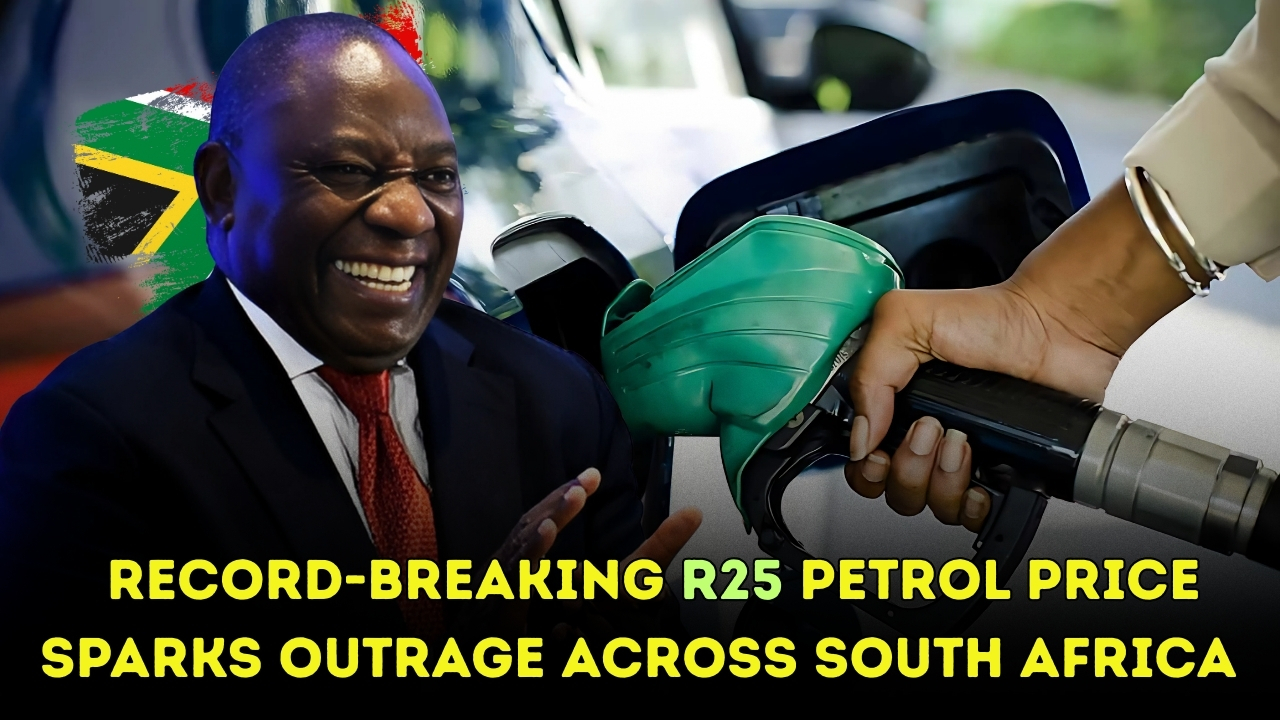The R25-per-liter petrol price isn’t just another headline in South Africa; it’s the number that’s pushing millions past the braking point. Each day in 2025 the feeling sharpens: the car’s sputter at the pump may as well be the sound of household dreams sputtering at the same time.
The Anatomy of the Explosion
This price spike is the ugly math of world events piling more grief onto local grief—up and down oil prices, wars somewhere else, and South Africa’s delayed economic repairs. Now a single fill-up takes a terrifying slice of anyone’s budget and families are forced into impossible choices over schooling, groceries, or simply getting to work.
Impact Beyond the Tank
The shock reaches past the nozzle and tightens the entire economy. Matric buses raise fares, the stall owner inflates the price of bread, the trucker tells the market to expect later delivery. One trip affects another, and then another, until the entire nation feels the petrol’s heat.
Government’s Precarious Posture
The people in power are stuck, too. They try to chop prices with subsidies and trip ceremonies, only to end up facing bigger debt down the road. Each small promise feels bigger than the treasury’s room to maneuver. Crisis asks the same superlatives again and again, and the answers keep getting worse.
Survival Strategies for South Africans
Everywhere you look, South Africans are dreaming up new ways to keep moving—literally and financially—under the strain of skyrocketing fuel costs. People are gathering neighbours and friends for lift-sharing road trips, hunting for alternate ways to the office, and reworking the routes of sales teams and delivery drivers. The R25-a-litre fuel price has forced a hard rethink of who, when, and how we travel for work or play.
A National Turning Point
This isn’t just a sticker-shock moment on the office fuel-receipt; it’s the spark that could nudge the whole system into a new gear. The price at the pump is urging cities to speed up safe bicycle lanes and buses that run on sun or wind. It’s pushing households to park the petrol guzzler and consider ukuthi the family set a day for groceries on a shared last-mile shuttle. Commerce, too, is called to rethink the value of electric trucks and the economics of coming to the office for a five-minute meeting.
R25 isn’t a cold figure on the bank statement. It’s a shout, a shared heartbeat across sirens and horns at the viewing of the pump. It’s a chance for a corner hullaballoo of smart ideas to multiply, for neighbours to join hands for rides, and for South Africans to agree that the way forward means resilience together—re-planning the route for a new trajectory that re-imagines how we make, move, and spend our future.
